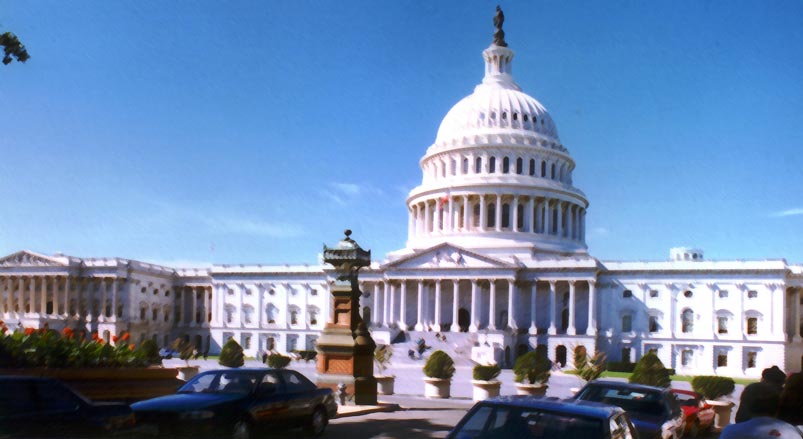The White House and Senate leaders reached a deal early Wednesday morning USA time on a massive stimulus package they hope will keep the nation from falling into a deep recession because of the coronavirus crisis, reports The Hill.

The agreement caps five days of intense negotiations that started Friday morning when Senate Majority Leader Mitch McConnell (R-Ky.) convened Republican and Democratic colleagues, with talks stretching late into the evening each of the following four days.
The revamped Senate proposal will inject approximately $2 trillion into the economy in the form of tax rebates, four months expanded unemployment benefits and a slew of business tax-relief provisions. The deal includes $500 billion for a major corporate loan program through the Federal Reserve, a $367 billion small business rescue package, $130 billion for hospitals and $200 billion for other “domestic priorities,” such as transportation, veterans, child care and seniors.
The bill will give a one-time check of $1,200 to Americans who make up to $75,000. Individuals with no or little tax liability would receive the same amount, unlike the initial GOP proposal that would have given them a minimum of $600.
“At last we have a deal. … the Senate has reached a bipartisan agreement,” McConnell declared during a speech on the Senate floor after 1:30 a.m.
“We are going to pass this legislation later today,” he added.
Hundreds of billions of dollars in buffer capital for the Treasury Department will allow the Fed to hand out an additional $4 trillion in loans to distressed companies such as U.S. airlines and Boeing, the nation’s leading airplane manufacturer. Their stocks have been hit the hardest in the recent stock-market selloff that had erased the gains made since President Trump took office.
The Fed loan program, which Democrats bashed as a corporate bailout program and Mnuchin’s “slush fund,” was one of the biggest sticking points during the late rounds of the negotiations.
Republicans argued the Treasury Department needed $500 billion to help the Fed inject enough liquidity into the economy, while Democrats were enraged over a provision they said would let Mnuchin provide loans and guarantees and then wait six months before disclosing who got the assistance.
The S&P 500 Futures was little changed after the news.
